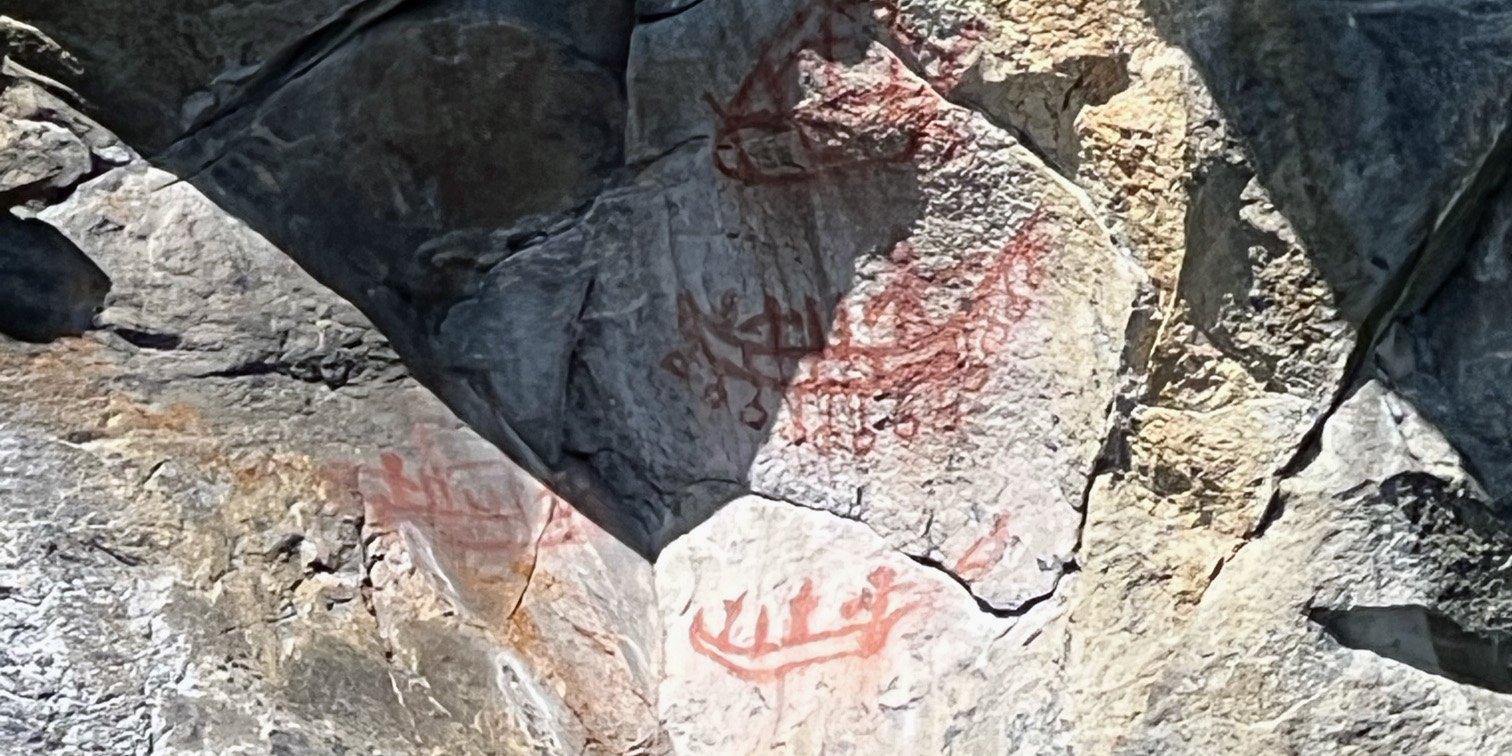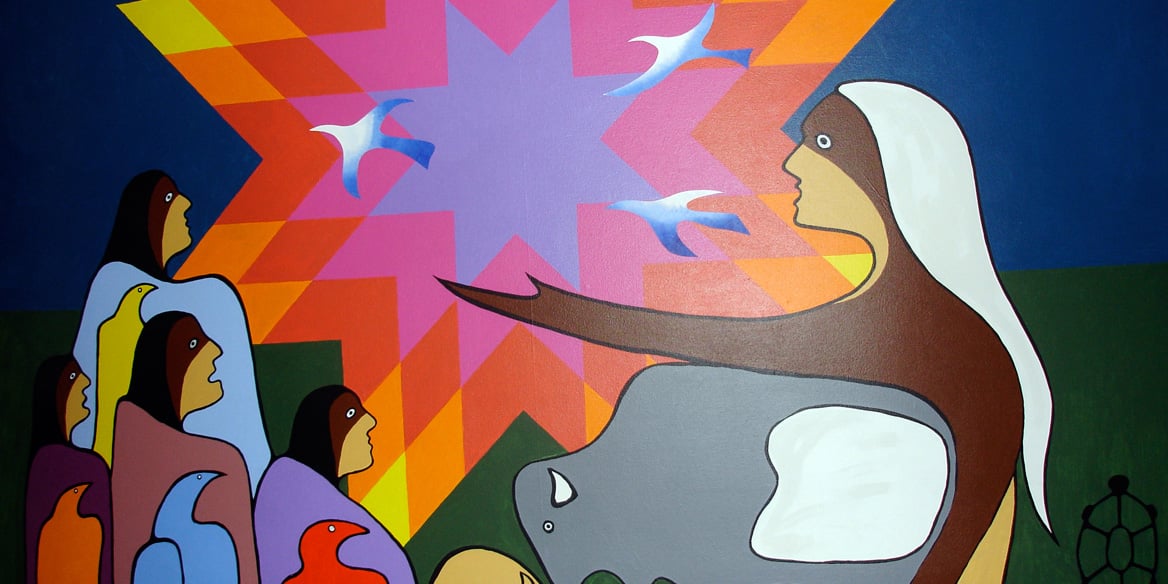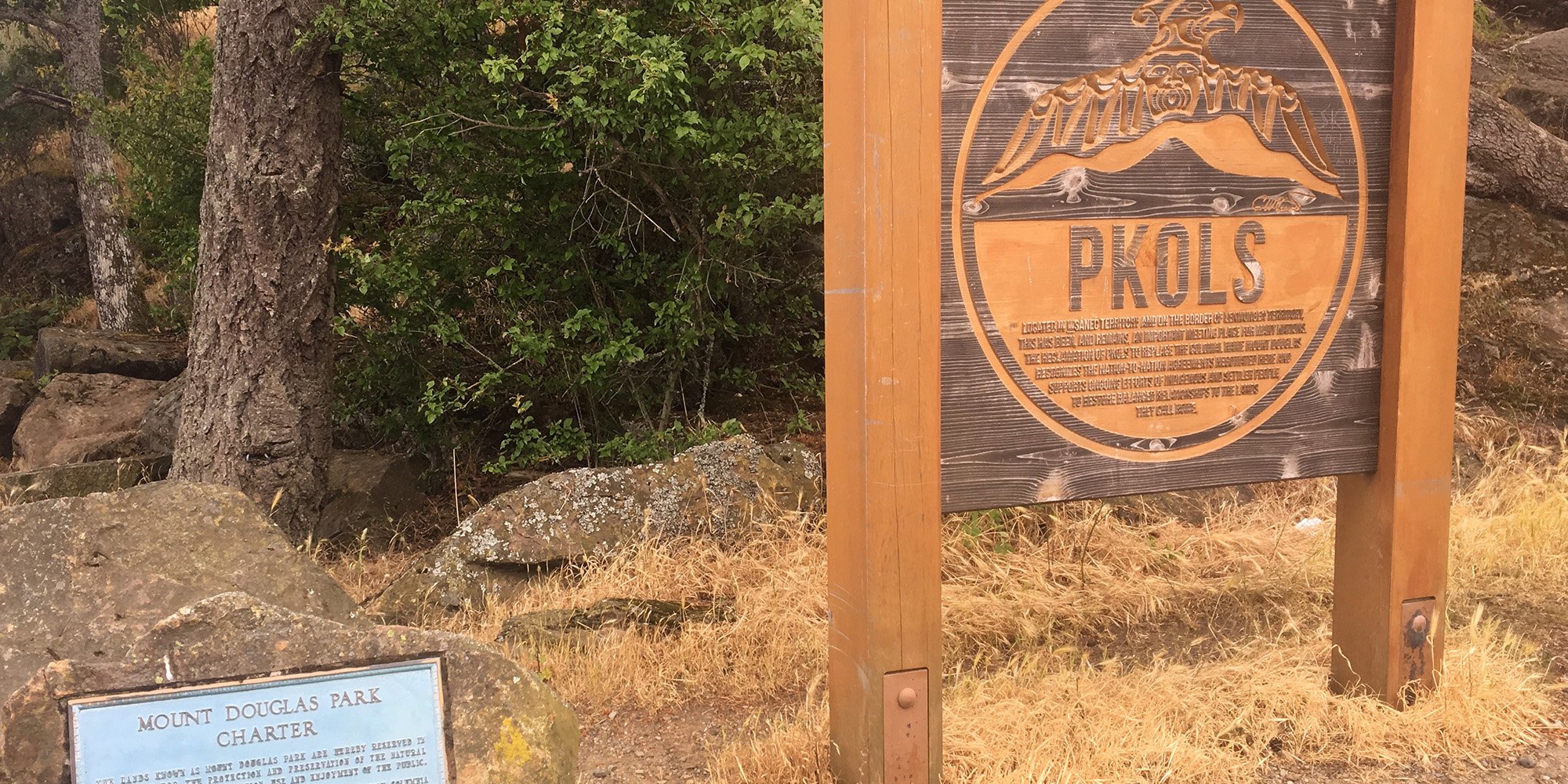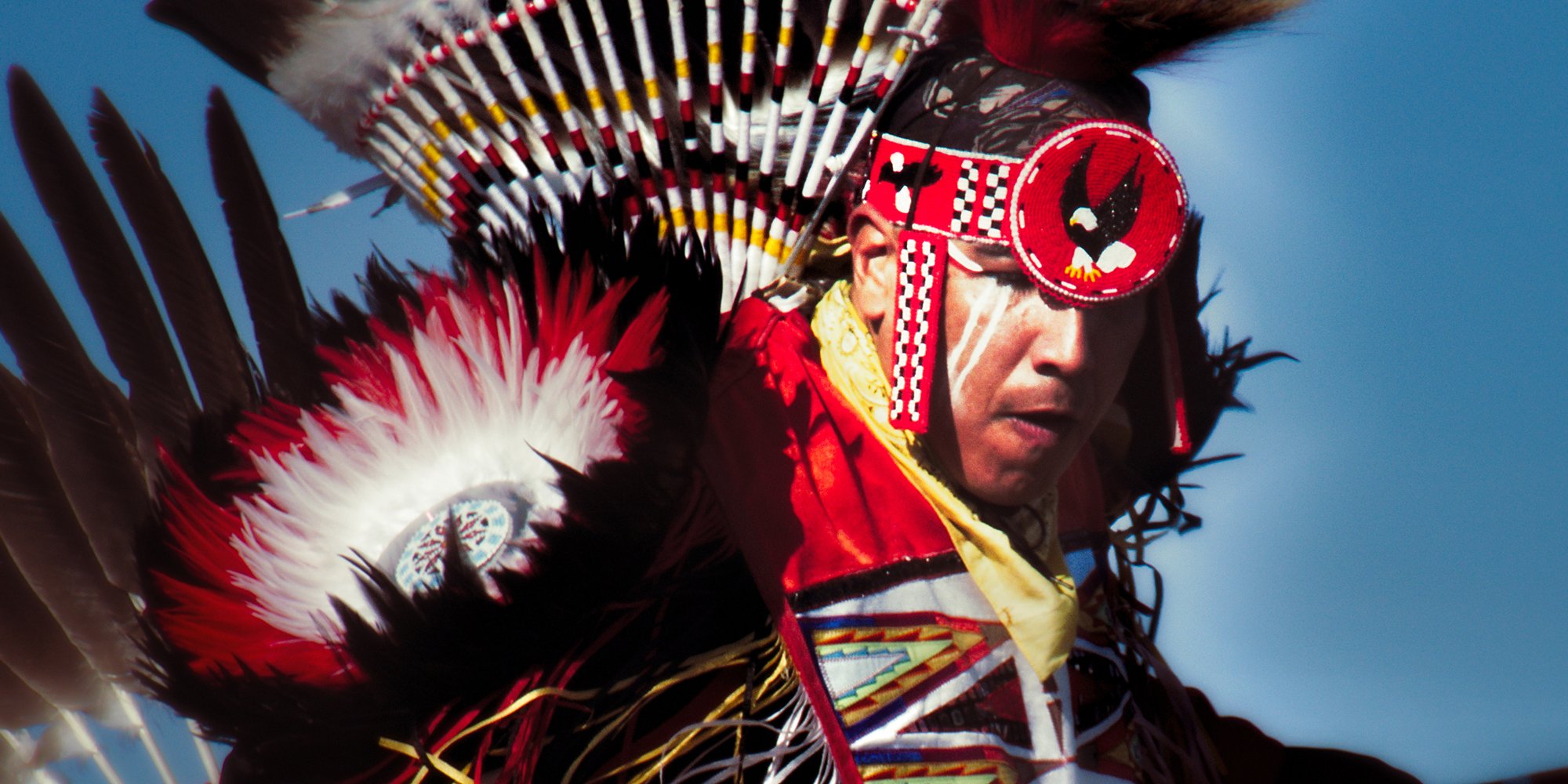11 Things You Should Know About Indigenous Oral Traditions
Oral traditions retain the history of Indigenous Peoples by passing cultural information from one generation to the next. For Indigenous communities...

Many Indigenous Peoples of North America did not have written languages and instead relied on oral histories to pass down their traditions and culture. Some Peoples used pictographs on various materials to record historical events. The Maya and Incas recorded history in stone while some of the plains peoples recorded historical events on buffalo hides.
Stories, songs, and oral communications were also important in preserving their history for future generations. The accuracy of this oral testimony and history is so highly regarded that in 1997, the Supreme Court of Canada ruled it admissible as evidence as long as it can be corroborated. This highlights the immense value placed on the spoken word by Indigenous Peoples.
Although Indigenous Peoples did not have written languages, it cannot be emphasized enough that extra attention be paid to verbal commitments made to Indigenous Peoples. Honour all of them if you make them.
Featured photo: Margaret Crandell

Oral traditions retain the history of Indigenous Peoples by passing cultural information from one generation to the next. For Indigenous communities...

What is the relationship between Indigenous Peoples and place names? Indigenous place names carry knowledge that has been passed from generation to...

Indigenous awareness is a broad term – I know because my onsite and public workshops are dedicated to helping people understand the full extent of...